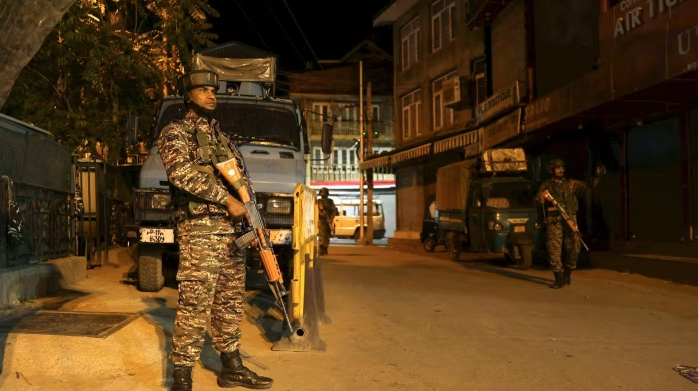
India–Pakistan Military Escalation: A Dangerous Flashpoint
Tensions between India and Pakistan have sharply escalated following a deadly exchange of military strikes, marking one of the most serious confrontations between the nuclear-armed neighbors in recent years. The escalation began after India launched what it described as its most extensive military operation in decades against targets inside Pakistan and Pakistan-administered Kashmir.
Indian Strikes on Alleged Militant Infrastructure
According to Indian officials, the operation targeted militant infrastructure allegedly linked to groups responsible for recent attacks in Indian-administered Kashmir. The airstrikes were a direct response to a deadly militant assault last month that left dozens of Indian paramilitary personnel dead. India has blamed Pakistan-based militant groups, particularly Jaish-e-Mohammed (JeM), for orchestrating the attack.
The Indian military reportedly conducted 24 air and ground strikes deep into Pakistani territory, claiming to have destroyed terrorist training camps and supply depots. These actions reflect a significant departure from past Indian responses, which were more restrained and typically did not cross the Line of Control (LoC), the de facto border in the Kashmir region.
Pakistan's Military Response
In retaliation, Pakistan claimed to have shot down five Indian fighter jets, a claim not confirmed by India, though some Indian sources acknowledged aircraft losses. Pakistani forces also returned heavy artillery fire across the LoC, targeting Indian military installations and civilian areas. Islamabad reported at least eight fatalities and 35 injuries, including civilian casualties, as a result of the Indian strikes.
Pakistan’s Prime Minister denounced India’s actions as an "act of war" and convened a high-level National Security Council (NSC) meeting to evaluate military and diplomatic options. In a strongly worded statement, Pakistani leadership warned that their armed forces were "fully prepared" to defend the nation’s sovereignty and territory.
Regional and International Implications
This sudden escalation has raised alarm across the international community, with several countries urging both sides to show restraint. The United Nations, the United States, China, and Russia have all expressed concern over the potential for the conflict to spiral into a larger war, especially given that both nations possess nuclear weapons.
Kashmir, a disputed region claimed by both India and Pakistan, remains the core of the conflict. The region has been a flashpoint for three wars between the two countries since 1947, and frequent skirmishes along the LoC have made peace a persistent challenge.
A Fragile Moment
This current confrontation underscores the fragility of peace in South Asia and the volatility of the India–Pakistan relationship. With nationalist sentiments running high in both countries and a lack of formal dialogue, even a minor provocation has the potential to ignite a broader conflict. Regional stability now hinges on de-escalation efforts, possible backchannel diplomacy, and pressure from global powers to bring both nations back from the brink.
Author: Global Ripple
Posted on: May 07, 2025
 Global Ripple
Global Ripple